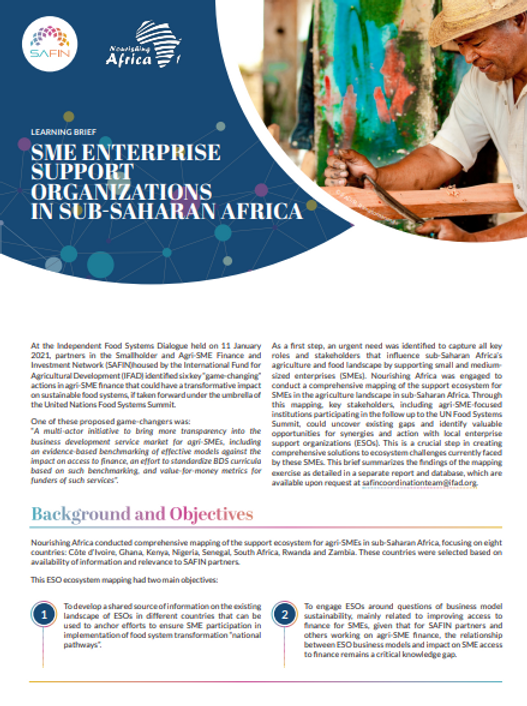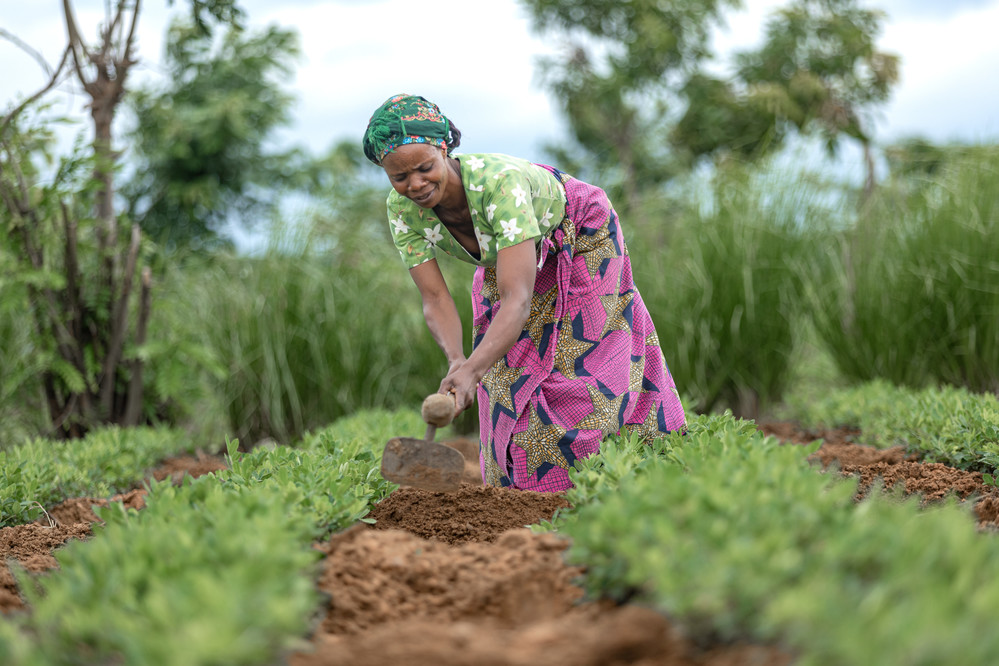In previous years, discussions around hunger and food insecurity have predominantly centred around increased yield production and global market integration as possible solutions to these challenges. However, more recently, the conversation has turned towards food systems as a holistic approach to address the myriad of challenges within the agri-food sector by analyzing various aspects such as food production and consumption, environmental impact, and livelihoods, to name a few. The food systems approach is a more promising framework to move beyond agricultural productivism and market-based solutions, and to address core structural problems that contribute to hunger across the world.

Photo: ©IFAD / Rindra Ramasomanana
Guided by five distinct but interlinked Action Tracks, the 2021 United National Food Systems Summit (UNFSS) brought together key players from the worlds of science, business, policy, healthcare and academia to push forward tangible, positive changes to food systems. Before, during and after the Summit, these actors came together to develop and implement concrete and sustainable changes to the world’s various food systems.
Following the UNFSS, a meta-cluster of stakeholders, led by the SAFIN Network, acknowledged the need to support the work of engaging small and medium-sized agricultural enterprises (agri-SMEs) beyond the Summit. As the first step in this process, an urgent need was identified to capture key roles and stakeholders that influence sub-Saharan Africa’s agriculture and food landscape by supporting SMEs. This is a crucial step in creating comprehensive solutions to ecosystem challenges currently faced by these enterprises.
SAFIN commissioned Nourishing Africa to conduct a mapping of the enterprise support landscape of the agriculture sector in eight countries in sub-Saharan Africa with two key objectives. Firstly, to establish a shared source of information on the existing landscape of Enterprise Support Organizations (ESOs) in different countries that can be used to anchor efforts to ensure SME participation in the implementation of food system transformation “national pathways”. The second objective was to engage ESOs around questions of business model sustainability, mainly related to improving access to finance for SMEs, given that for SAFIN partners and other agri-finance practitioners, the relationship between ESO business models and impact on SME access to finance remains a critical knowledge gap.
ESOs, otherwise known as Business Development Service Providers, are critical to a sustainable agribusiness ecosystem in Africa as they provide various forms of technical, financial, and capacity-building support to agri-SMEs at various stages of their growth. However, this study found that most ESOs still heavily rely on donor funding for their activities as SMEs lack the ability or resources to directly pay for their services and products. The report provides critical insights into four sustainable financial models currently utilized by local ESOs outside of the dominant donor-funded models. While these models differ in approach, they all aim to reduce donor dependency and access alternative means of funding for ESOs to sustain their work, often beyond the duration of a program or initiative.
This work is the beginning of a broader effort to establish sustainable support mechanisms for agri-SMEs across the African agri-food landscape through the support of local ESOs, thereby strengthening their capacity, efficiency, reach and impact on the continent.
Read the learning brief


